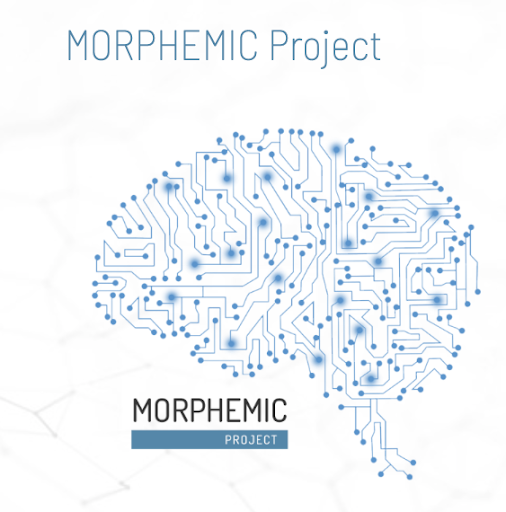Research
MORPHEMIC PROJECT
MORPHEMIC model adaptation is with the extension of the MELODIC project www.melodic.cloud in order to support live application reconfiguration. The former is when a component can run in different technical forms, i.e. in a Virtual Machine (VM), in a container, as a big data job, or as serverless components, etc. The technical form of deployment is chosen during the optimization process to fulfil the user’s requirements and needs. The quality of the deployment is measured by a user defined and application specific utility. Depending on the application’s requirements and its current workload, its components could be deployed in various forms in different environments to maximize the utility of the application deployment and the satisfaction of the user. Proactive adaptation is not only based on the current execution context and conditions but aims to forecast future resource needs and possible deployment configurations. This ensures that adaptation can be done effectively and seamlessly for the users of the application.
The MORPHEMIC deployment platform will therefore be very beneficial for heterogeneous deployment in distributed environments combining various Cloud levels including Cloud data centres, edge Clouds, 5G base stations, and fog devices. Advanced forecasting methods, including the ES-Hybrid method recently winning the M4 forecasting competition, will be used to achieve the most accurate predictions. The outcome of the project will be implemented in the form of the complete solution, starting from modelling, through profiling, optimization, runtime reconfiguration and monitoring. Then the MORPHEMIC implementation will be integrated as a pre-processor for the existing MELODIC platform extending its deployment and adaptation capabilities beyond the multicloud and cross-cloud to the edge, 5G, and fog. This approach allows for a path to early demonstrations and commercial exploitation of the project results.
InAccel participates in the MORPHEMIC project and is contributing on the heterogeneous accelerators and the development of hardware accelerators.
This project has received funding from the European Union’s Horizon 2020 Research and Innovation program under grant agreement No. 871643.

